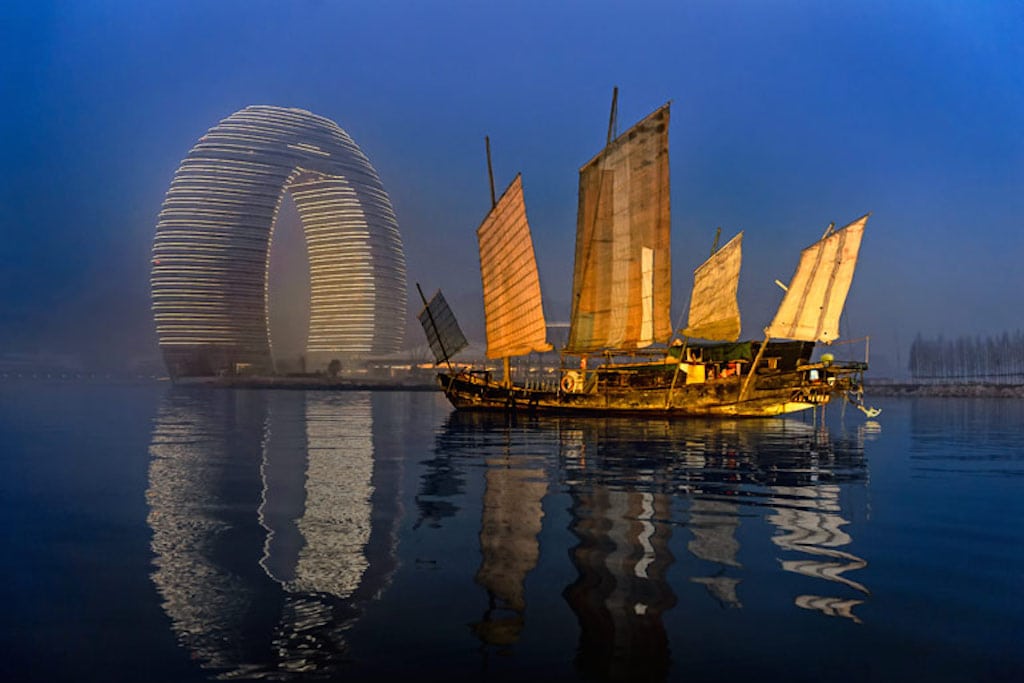Is China Holding the Marriott-Starwood Deal Hostage?

Skift Take
In China, anything is possible when it comes to antitrust clearance and there are a number of potential reasons why regulatory authorities there extended their review of the Marriott-Starwood merger. This prolonged waiting game could be part of a larger strategy to extract concessions and finish off part of what Anbang started in March.
Just when it appeared as though the Marriott-Starwood deal was well on its way to finally being completed, another roadblock has emerged.
On August 8, both companies announced that the Ministry of Commerce of the People's Republic of China (MOFCOM), the entity responsible for reviewing and granting antitrust clearance in China, had asked them for more time — up to 60 more days — to review the deal.
China's request for an extended review period is something both companies couldn't really refuse. Refusal would result in the prevention of closing their already lengthy merger transaction, so they agreed to grant an extension of up to 60 days as part of a phase three review.
Is this sort of delay a common occurrence when it comes to antitrust approvals? Yes, and no.
With the recent merger of AB InBev and SAB Miller, two of the world's largest beer companies, for example, China was the last country to grant antitrust clearance. "China takes a long time to grant antitrust clearance, and often, it wants to extract concessions from those deals," one antitrust law expert told Skift.
While it's true that various jurisdictions have different review processes and standards by which they clear antitrust issues, this case has its own characteristics. One reason is that it involves China, a country whose anti-monopoly law was only enacted in 2008, and another factor revolves around a Chinese insurance conglomerate called Anbang.
Does China Still Want a Part of Marriott or Starwood?
There's some evidence to suggest, when you put all the pieces of the puzzle together and consider China's past history of clearing antitrust issues in global mergers, that this delay on the part of Chinese regulators may be more politically or economically motivated than Marriott officials have let on in public statements.
Skift spoke with three different antitrust experts about this case, two of whom asked to speak on background, and essentially, here's what all three said: When it comes to China and antitrust clearances, anything goes.
There are many lingering questions. What if this hold-up is part of China's plan to ultimately acquire some of Starwood or Marriott's assets? What if China decided not to have Anbang, which bid nearly $14 billion to acquire Starwood and then withdrew it in order to ultimately pick and choose what assets it wants in the form of a divestiture as part of antitrust clearance? Or what if Anbang's pursuit of Starwood woke the Chinese govern
